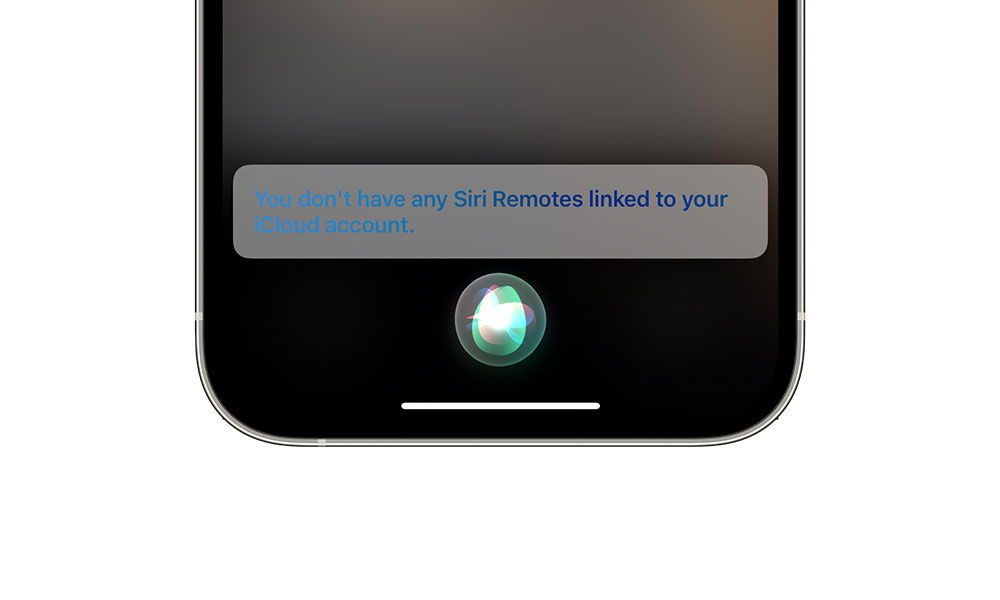Offline, On-Device, More Intelligent Siri
Siri’s great! When it works. When Siri was introduced, it was a godsend for everyone who wanted better voice controls. But, Siri did something that other voice control platforms didn’t before; it got people talking (pun intended) about how useful voice assistants could actually be. Over the years, Apple had everyone speaking to (and sometimes yelling at) their phones. It wasn’t long until other companies introduced their own virtual assistants and Siri was here to stay. Fast forward today, and it’s easy to be disappointed in Siri. It’s kind of like a full self-driving Tesla: the best is (still) around the corner. It seems like every corner we turn, there’s another corner waiting for us.
Siri is constantly getting voice upgrades, a few new abilities, and upgraded contextual understanding, but these improvements come too slowly to keep up with consumer needs. Siri still searches the web too much instead of answering basic questions, and always requires an internet connection, which means even voice control from over a decade ago could be more reliable. In fact, Apple’s built-in voice control (accessibility feature) can be used offline, so why can’t Siri? Here are some of the improvements we want to see Apple make to its famous virtual assistant:
- On-device processing would allow Siri to be able to provide calendar information, create reminders, and control media (amongst other things) without an internet connection.
- Improved contextual understanding so we aren’t constantly having to repeat ourselves.
- A larger Siri-knowledge database so that Siri can answer questions concisely instead of just returning a web search.
- The ability to get to know us better, such as our food and movie preferences, basic likes (favorite color, for one), and the way we speak. Having a better understanding of our personality would help Siri be more in tune with what we need.

